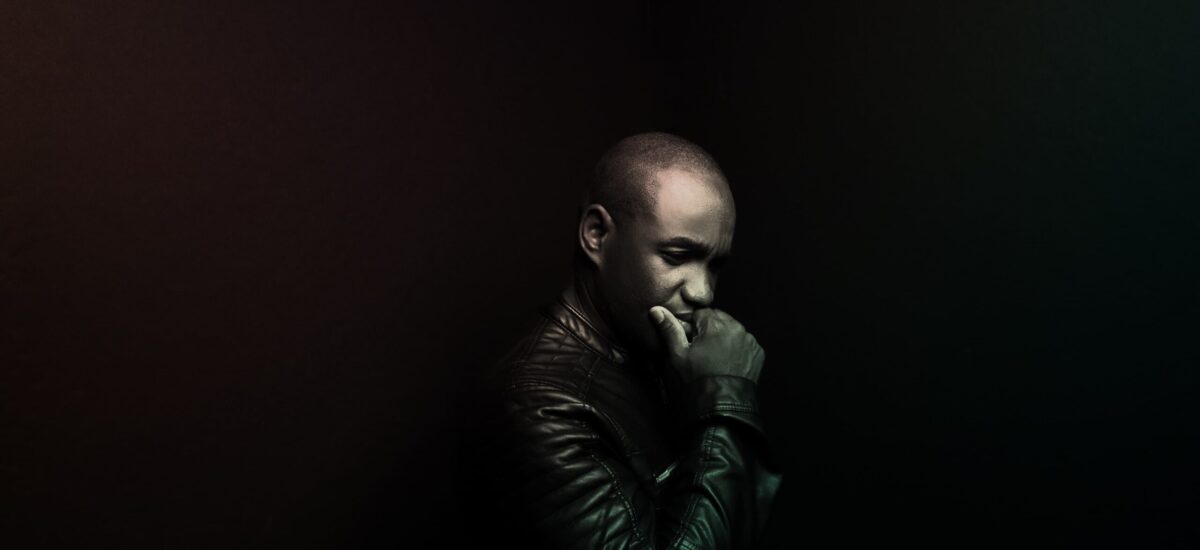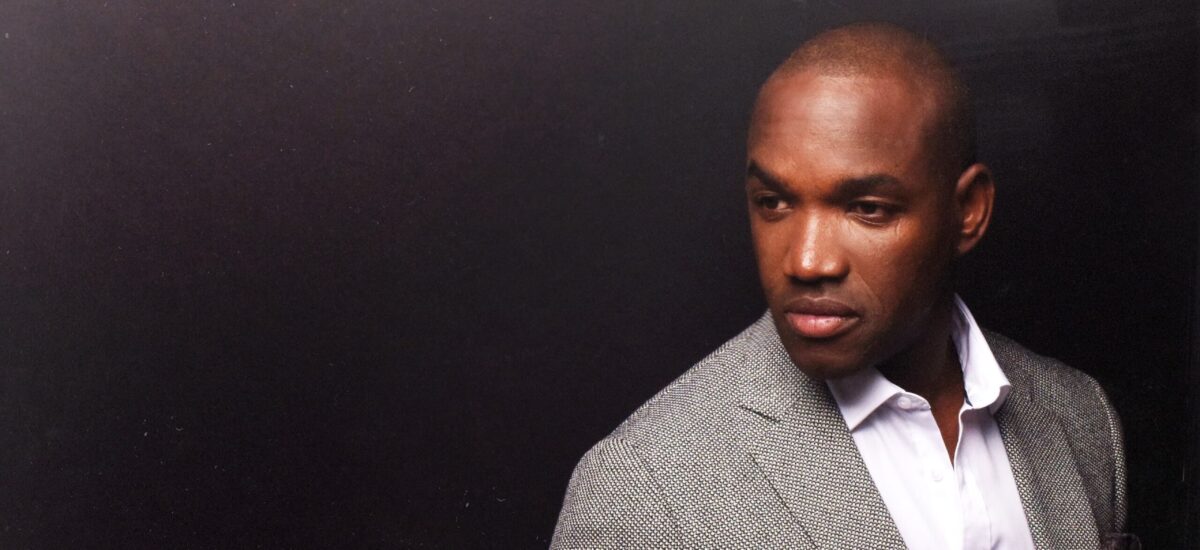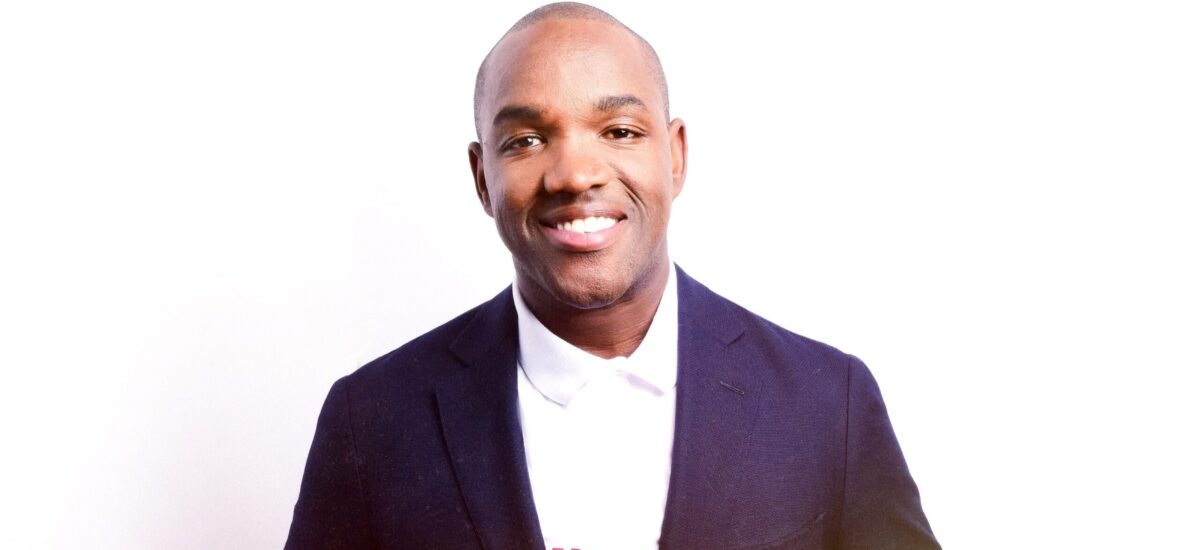TRANSCRIPT
Scofield: Well, we’ve obviously come a long way since 1955 when Marion Anderson became the first black singer to perform on a big US stage. If we move forward and look at the situation today, I’m wondering how many of the obstacles to more progress are related to discrimination, and how many of the obstacles are due to black artists just seeking greater fame and fortune, in jazz, or blues, soul, rock, or other genres just the same as whites do, which is perfectly understandable, since the fame and fortune there is even much greater, isn’t it?
Brownlee: Yes, and the interesting thing is a lot of people don’t think we have a great legacy in classical music, and they think that a lot of our talented artists seek other things. Yes, we understand that seek other things meaning seeking other genres. We have great standouts in jazz, in gospel, and pop music, and Motown, and R&B, and even gospel, and rhythm, and blues, and of course, a huge genre which is now rap music. And so, it seems like a lot of people depart and pursue those areas. But I think a part of that is because people didn’t have the success that they had desired in other realms like classical music. And I think they did that as well.
But I think, if we can allow people to know that this art form is for everyone. One of the projects I’ve been involved in, is doing some of these community concerts which have been called “Lawrence Brownlee and Friends”, also something called “Giving Voice”, with various opera companies around the United States, which have meant to be community concerts to invite people of that community, whichever city that it’s in, to the theater to let them know that we also have a legacy in classical music. People that look like you, meaning people of colour, are on the stage performing, and we would like, with all our hearts, to see the audience become more diverse, and see the support in the community that wants to come into the theater and see ourselves on the stage. This is all meant to be education for them, so they can understand that there are people also not only the Leontyne Prices, and the Martina Arroyos, and the Grace Bumbrys, and the William Warfields, but also of today, the Angel Blues, and the Eric Owens, and the Morris Robinsons of the world, that are getting the opportunities now to sing in the most important theaters in the world, to really push forward this discussion, to make sure that we’re also supported in this genre of music as well, and not for them to think, that we only have people who’ve been successful in R&B, and Motown, and hip-hop, but also classical music. So it’s a part of a larger discussion. When you think about jazz, the real pioneers of jazz were people of color, and so a lot of people think our great legacy is there. But no, we do have it in classical music, and we want to open up this discussion, so people understand and will come out and support us in classical music as well.
Scofield: And you know what else I think, Larry? Even though those jazz singers, those blue singers, those soul singers, they may attain greater fame and fortune, I’ll bet you anything they don’t get anything like the high, or the thrill that you experienced in singing Rossini. Would you disagree with that?
Brownlee: Music is so captivating and it hits you at a such a tremendous deep level that, I think music can be meaningful in any genre. But as you said, when you are in the theater that were constructed specifically for this type of acoustical experience, and you have the incredible writing, and just the situational experiences of the moments that Rossini and the librettists constructed, and you have this music that is virtuosic, and you can bring it off with great ability and technique, nothing replaces this. I’d be hard-pressed to find somebody who could say “Wow, you had great moments on stage”, but there’s something about how all of these things come together to make a meaningful moment that I think is very, very hard to find in other genres of music.
Scofield: Right on, brother. Nobody rocks like Rossini, that we agree.
Brownlee: I need to make a shirt that says “Rossini rocks” if it hasn’t already been made. [Laughter]
Read more about Lawrence Brownlee on their OFFICIAL WEBSITE.




